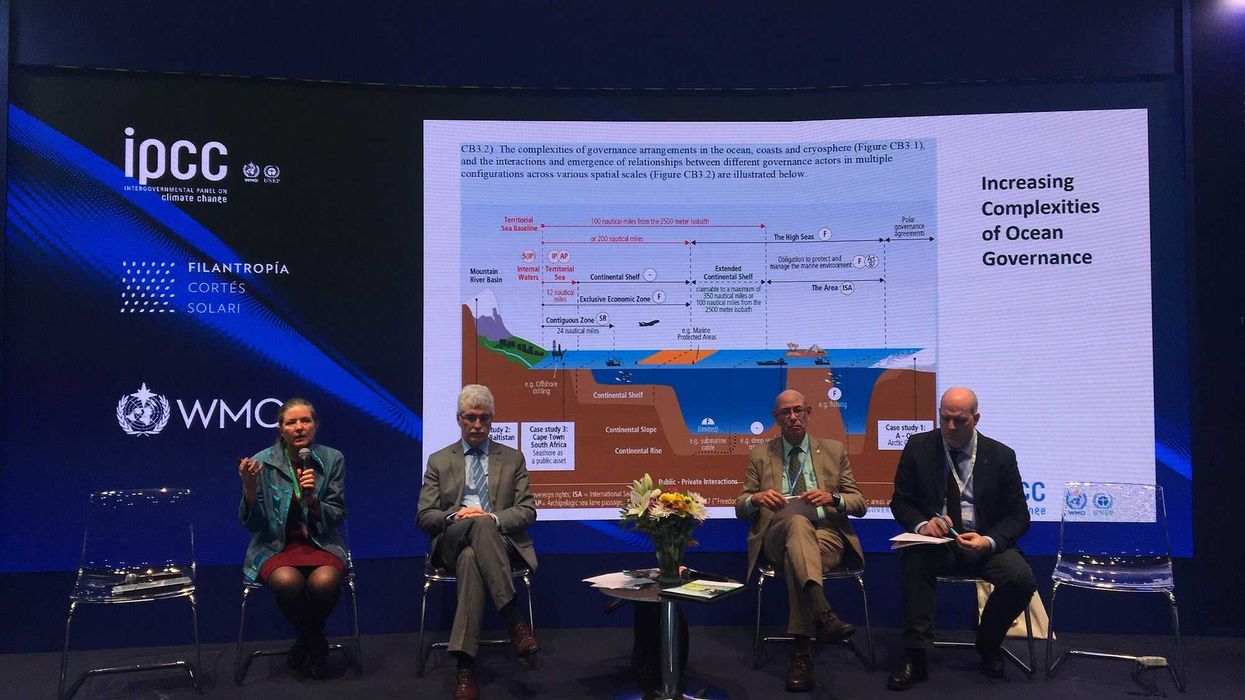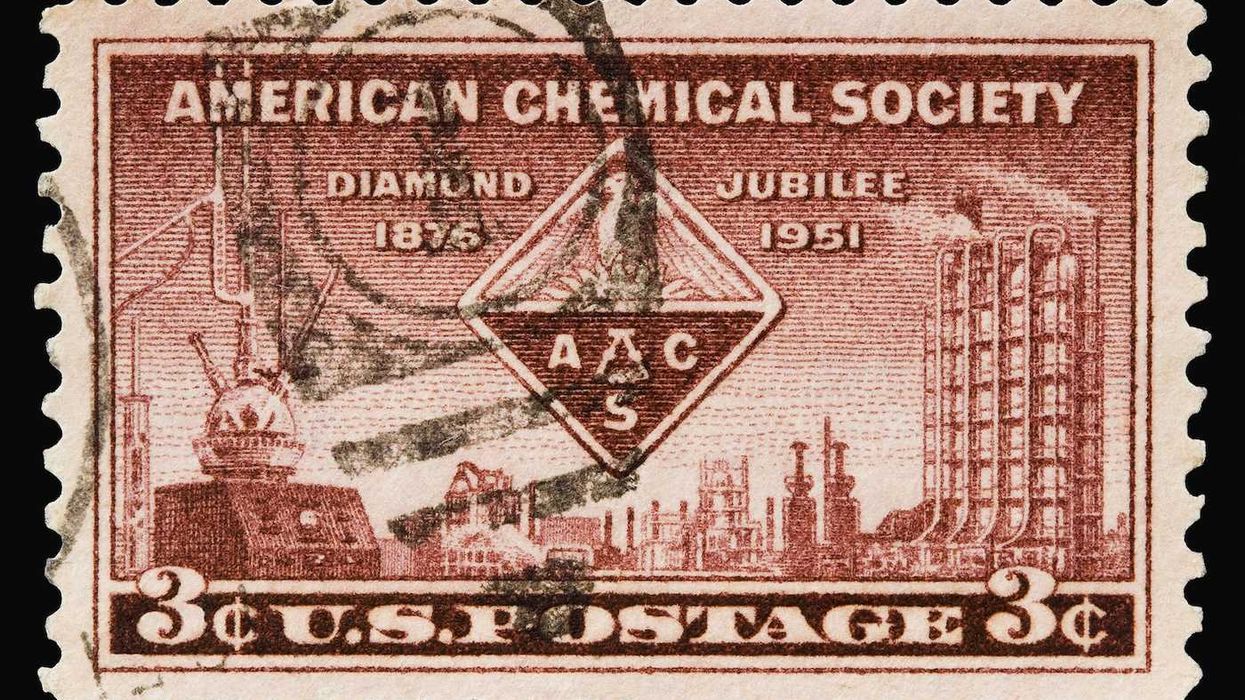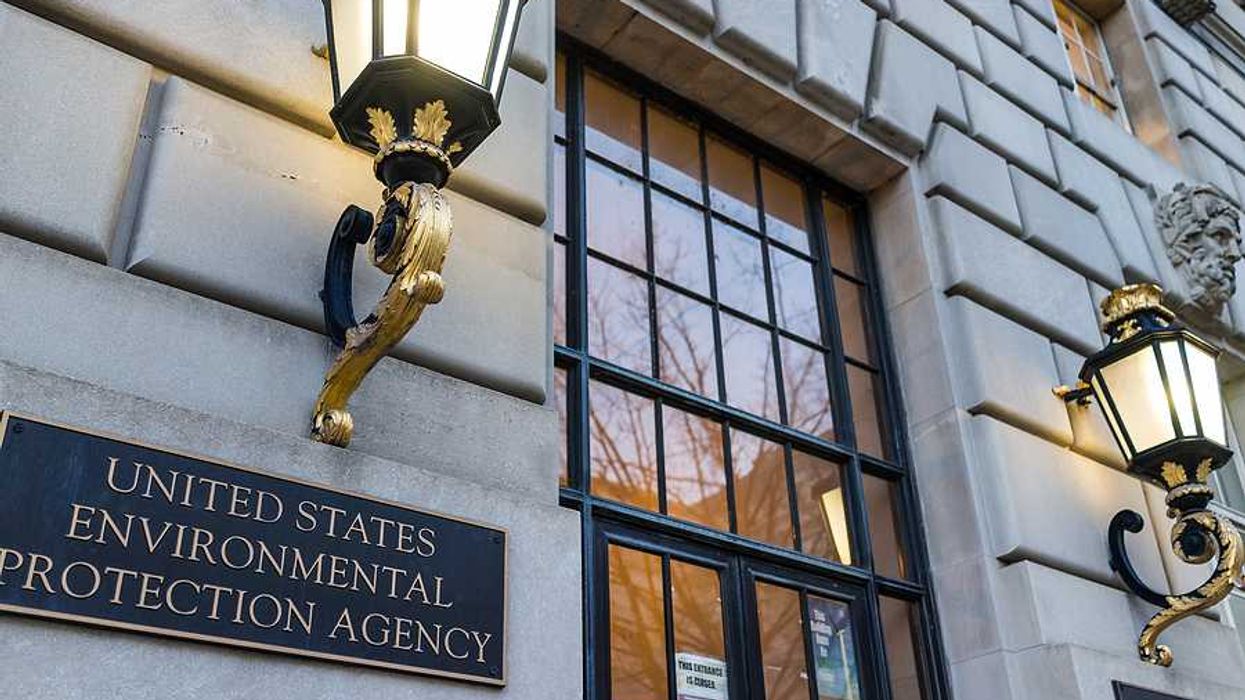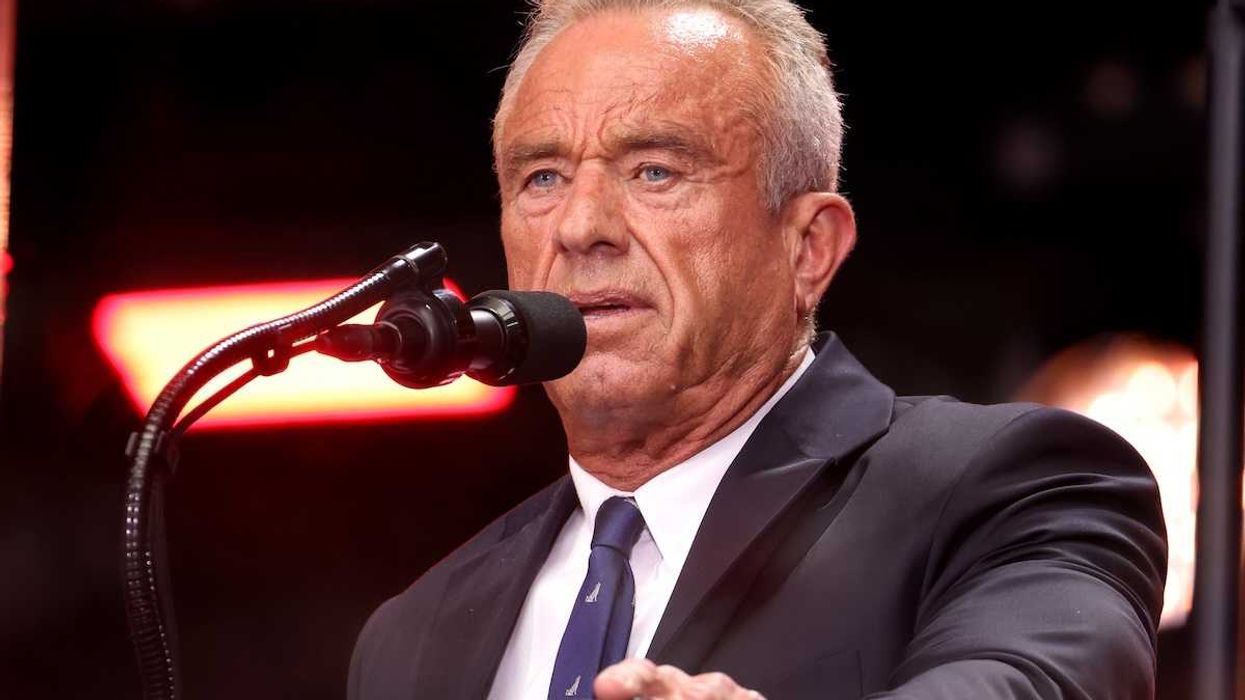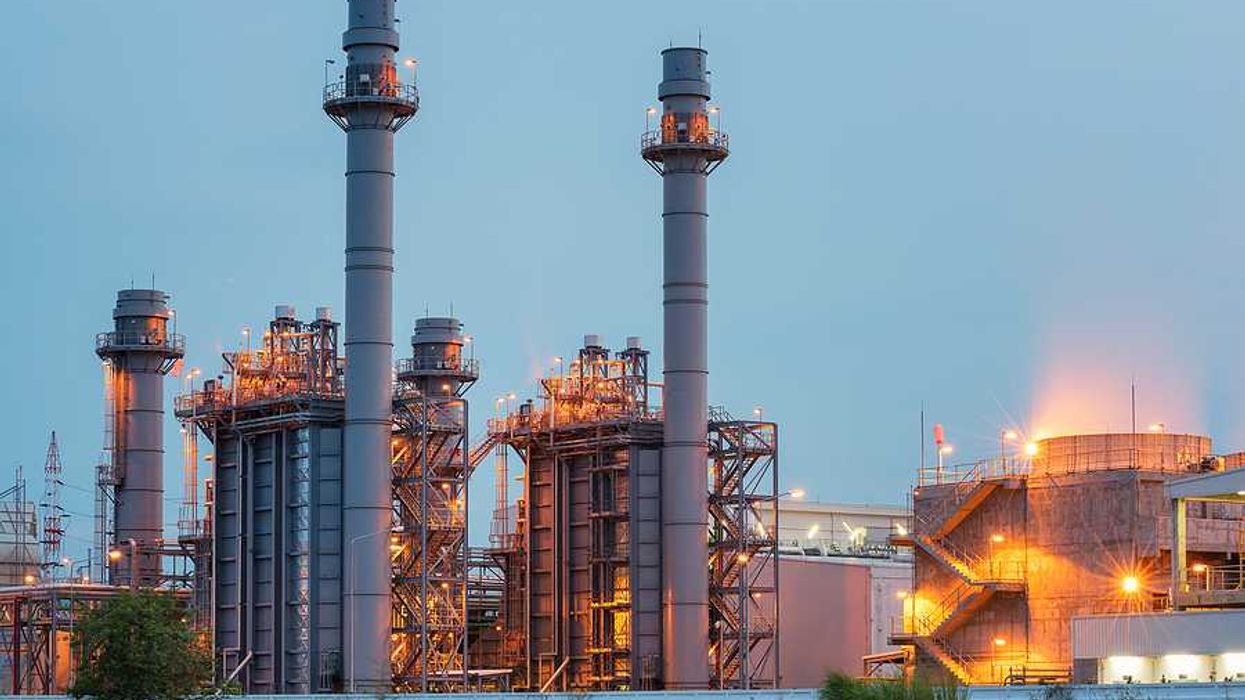First responders from the World Trade Center site are developing dementia at higher rates than the general population, and many are calling for government assistance through the World Trade Center Health Program.
Dan Hurley reports for The Washington Post.
In short:
- Research shows that 9/11 first responders exposed to toxic debris are up to 14 times more likely to develop dementia before age 65.
- Current coverage for responders includes cancer and respiratory diseases, but dementia is not yet covered by the federal program.
- Advocates are pushing for the inclusion of cognitive disorders based on new scientific findings, while federal programs await more validation.
Key quote:
“Dust and chemicals set up shop in the smell area of our brain, then spread to the parts of the brain important for memory.”
— Ray Dorsey, professor of neurology at the University of Rochester
Why this matters:
First responders risked their lives, and now face health crises linked to their service. As dementia rates rise among them, expanding health coverage could provide needed support for those affected.





